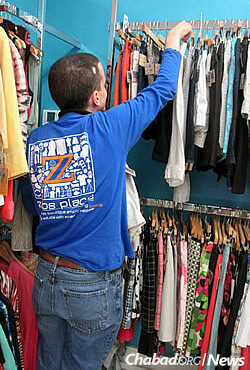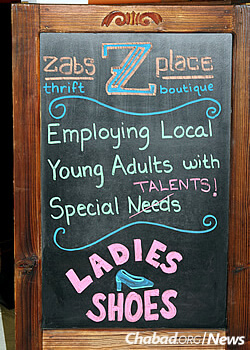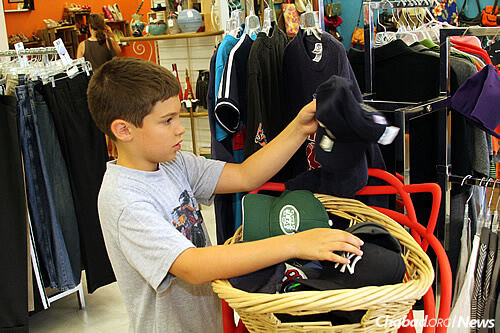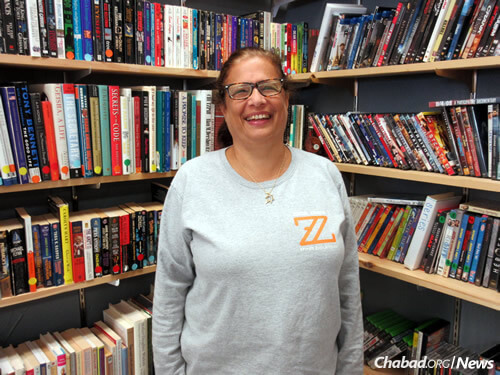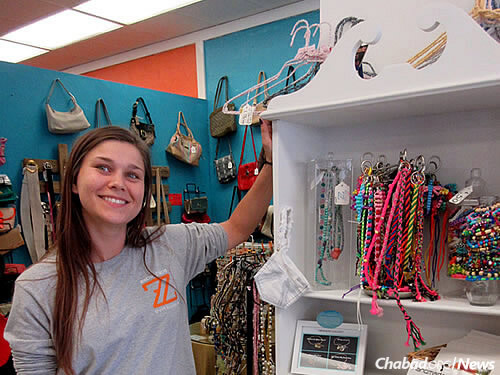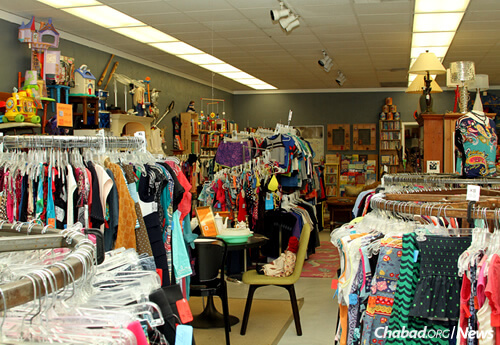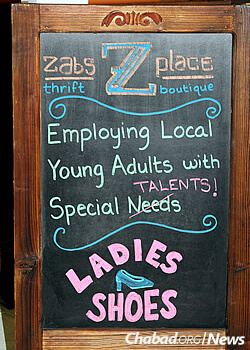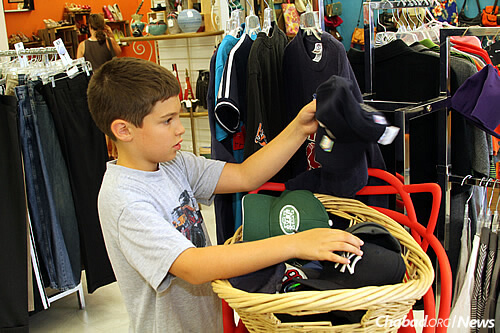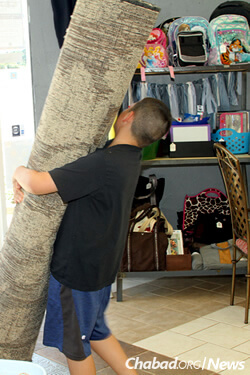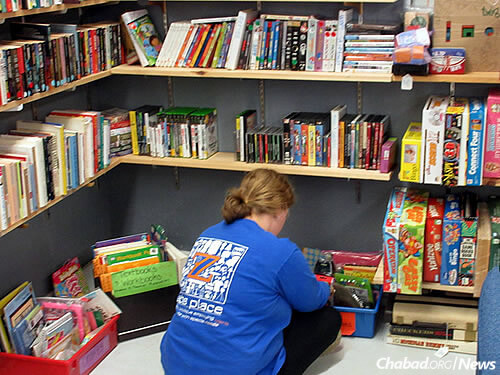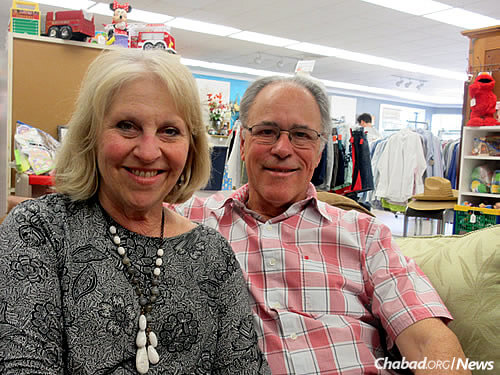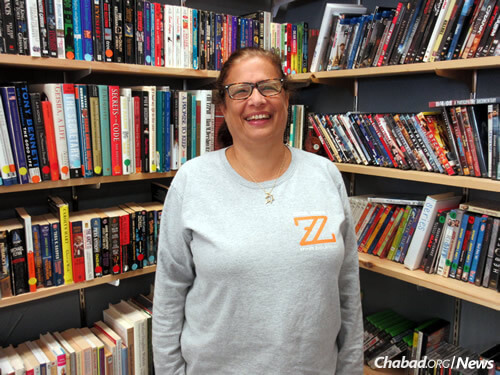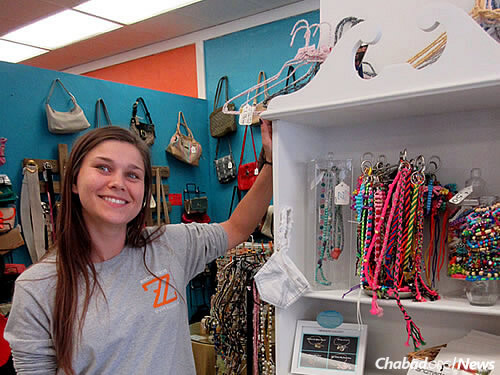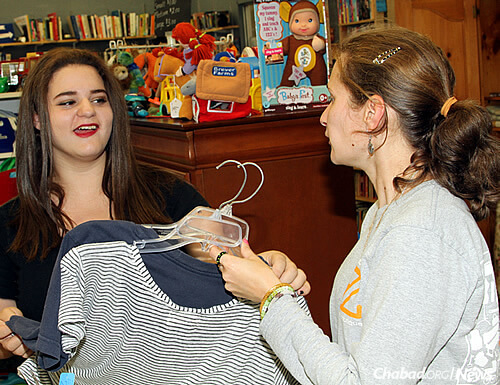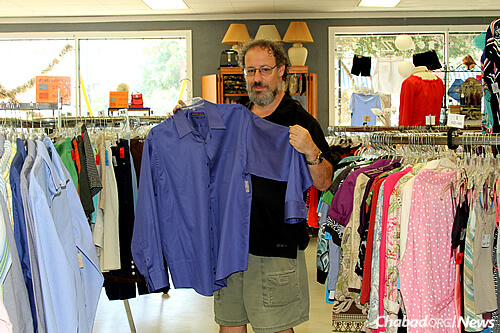The Original Article Published On The Jerusalem Post
No longer the face of Israeli tennis, retired star opens up about her impressive career and post-playing life
As Dudi Sela, Jonathan Erlich, and Yshai Oliel pack up their rackets, shoes and other tennis essentials and head to New York for the US Open, Shahar Pe’er, Israel’s greatest woman tennis player of all time, is staying put in Israel – baking, visiting relatives and sipping coffee with friends.
A very relaxed, upbeat Pe’er, who retired from tennis in February at the age of 29, will casually keep tabs on the Grand Slam event from afar as she plans the next phase of her post-tennis life.
Pe’er, who turned 30 in May, had a distinguished pro tennis career which included cracking the top 20 in both singles and doubles. After turning pro in 2004, Pe’er won five singles and three doubles titles on the Women’s Tennis Association tour and became the first Israeli woman to make the quarterfinals of a Grand Slam tennis event, doing it twice in 2007, at both the Australian Open and US Open.
In 2008, Pe’er was ranked No. 14 in doubles. In 2011, she reached her best singles ranking of No. 11 in the world.
Pe’er’s career highlights include becoming the first Israeli ever to compete at a WTA tournament in the Arabian Peninsula at the Qatar Total Open, and representing Israel at the 2008 Olympic Games in Beijing and the 2012 Olympics in London. She was also a devoted member of Israel’s Fed Cup team, compiling a 45-31 record.
Pe’er decided to retire after experiencing chronic inflammation in her right shoulder for more than two years. And she is really enjoying life post-tennis.
“It is nice to be home for a change – in my own bed, with my own sheets, doing my own laundry,” Pe’er told The Jerusalem Post, noting that people don’t often think of the routine events of daily life players on the professional tennis tour must forgo.
“It is nice not to pack every Sunday, and unpack, and to be with family, to celebrate birthdays and holidays at home, and to have no pressure.”
Pe’er, who has been playing tennis since the age of six-and-a-half, has begun lecturing to diverse audiences in Israel about her career, determination and hard work.
“I am happy to try and share what I have been through. I speak about dedication, about how I get myself out of tough situations on the court, sentences I used to say to myself when under pressure.”
Pe’er has thus far presented to children, pre-army 18-year-olds, special IDF army units, university students in Kiryat Shmona, and business leaders in the fields of banking and hi-tech.
She hopes to eventually present workshops outside of Israel as well.
Pe’er continues to work out regularly and stay in good shape physically. Even before officially announcing her retirement, Pe’er called her fitness coach and expressed interest in training for a marathon.
“It was my dream from the age of 15! He explained that it would require four or five months of training.”
In February, Pe’er ran the Tel Aviv Marathon.
“My family was there! It was really fun.”
Pe’er varies her workouts post marathon.
“I run once or twice a week, I do Pilates once a week, and I do a functional workout three days a week with a coach, focusing on running, weights and speed.”
Pe’er has even picked up a tennis racket “10 or 15 times” since retiring.
But fans hoping for a return to professional tennis should not be too optimistic.
“It was just for fun, with friends. It felt okay but I really don’t miss it!” Retirement has afforded Pe’er the opportunity to step back and reflect on her successful tennis career.
“There are so many memories. It is so hard to pick just one!” Pe’er is proud of helping the 2008 Israel Fed Cup Team reach the World Group, losing to Russia 4-1. She is proud of her two quarterfinal appearances in Grand Slams, including taking Serena Williams to a third set match at the 2007 Australian Open, before ultimately losing 3-6, 6-2, 8-6.
“That was huge!” And she is proud of her tournament titles.
“Each one of them is unique.”
Pe’er will always remember what happened to her and Israel leading up to a tennis tournament in Dubai.
“That was one of the biggest things in my career!” In 2009, Pe’er was refused entry to the United Arab Emirates because she was Israeli.
“I just wanted to play in the tournament, like any other player. I wanted to compete in this huge tournament.”
Venus Williams came to her defense, and Andy Roddick withdrew from the men’s tournament in protest. The incident attracted worldwide attention – and sanctions. The Wall Street Journal terminated its sponsorship and the Dubai organizers were fined a record $300,000 by the WTA . She was subsequently invited to play in 2010 and 2011.
Pe’er recalls, “2010 was more about breaking barriers in politics than sports.” She notes, “It was huge to get such support from these big players.”
Off court, Pe’er has also represented Israel with pride. In 2010, Pe’er led the March of the Living at the Auschwitz concentration camps, accompanied by mother, Aliza Pe’er and Holocaust survivor grandmother, Yuliana Eckstein.
“There are no words… It was so emotional, being next to my grandmother. She was from Slovakia and was in Auschwitz.”
Ms. Eckstein, who spent six months at the Auschwitz-Birkenau concentration camp, died a year-and-a-half after participating in the March of the Living.
“I felt very privileged to do it, to walk with three generations.”
Israel and the tennis world appreciate all Pe’er has done for Israel tennis.
Asi Tuchmeyer, Chairman of the Israel Tennis Association admires Pe’er and is proud of her many accomplishments.
“She is one of the most successful Israeli athletes ever. During her 13-year career, Shahar modeled hard work, professionalism, and endless perseverance.
She was an ambassador of Israeli sport and tennis and led the Federation team to achieve their goals for more than a decade. We wish Shahar good luck in the future, and hope that, for Israeli tennis, a new Shahar Pe’er will be born!”
Shlomo Glickstein, CEO of the Israel Tennis Association and former No. 22 in the world, added: “For me, she is the biggest athlete in the history of the State, between her achievements throughout the years to her personality, and especially the very hard work, commitment, determination, and dedication to everything related to tennis – that is what characterized her.
“Shahar is a winner in her soul with an outstanding work ethic, which is rare in Israel and the world. For 13 years, Shahar sustained a high level career and reached extraordinary achievements, dedicated much to the Federation team and was fully involved throughout all the years with the ITA , her team and her family. I salute her for all of her achievements. A model athlete!” With the tennis world about to turn its attention to New York and the two-week US Open taking place from August 28 through September 10, Pe’er is watching from a distance.
“I don’t miss it, I don’t miss competing,” says Pe’er, but concedes, “I follow the scores… but not every day.”
Pe’er has fond memories of the US Open.
“I loved playing in the US Open. There was so much support from the fans. After Tel Aviv, New York is my favorite city!” While Pe’er does not closely follow Israel’s up and coming players, she notes that Yshai Oliel appears to be “the only one now with a bright future.”
Pe’er adds, “hopefully, other players will come along,” but she admits, “unfortunately, I don’t know too much.”
Would Pe’er consider a return to playing or coaching? “For now, I feel far away. I don’t see myself standing on the court for hours. It is too close to my [recent] retirement to think about it. Maybe in the future.”
For now, Pe’er is enjoying living in the present. She enjoys cooking and baking, working out, hanging out with friends and family, and spending time with her “pretty busy” heart surgeon boyfriend.
“I made the decision to retire and I am happy!”


